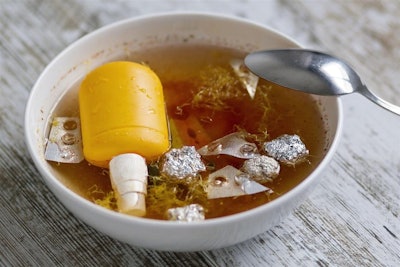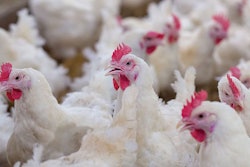
Austrian medical scientists discovered something that I had never thought of: We likely have microplastics (PVC and PET) in our intestines. These microplastics came from food and beverages packaging, fish and shellfish, thanks to the eight million tons of plastic garbage that end up in the environment, particularly the ocean.
The issue doesn't end there. Doctors don't know to what degree plastic harms human health, or the effects that these particles could have on our intestines along with the possible toxicity of their chemical components. I'm not eager to alarm myself, or others, but it seems serious to me. It may be very serious.
"Of particular concern is what this means to us, and especially patients with gastrointestinal diseases," said lead researcher Dr. Philipp Schwabl, who presented the findings at the 26th UEG Week, a gastroenterology meeting in Europe, in a press release. "While the highest plastic concentrations in animal studies have been found in the gut, the smallest microplastic particles are capable of entering the blood stream, lymphatic system and may even reach the liver. Now that we have first evidence for microplastics inside humans, we need further research to understand what this means for human health."
You may ask what this issue has to do with broilers and hens. Everything and nothing. I was just reflecting on how it's possible to devote time, money and efforts to get hens out of their cages, to promote their supposed welfare, to make people spend more money on food (money they don't have), when we have this problem on top of us, along with others.
I would like to see this same type of energy dedicated to causes such as promoting another packaging, and the correct disposal of garbage, or how to avoid food waste (which I have already blogged about before) and let producers work on producing foods.
It also made me think about something else. Perhaps the poultry industry should be thinking about looking for other packaging materials, so it won't contribute more to the deterioration of the environment.
If poultry production has the smallest carbon footprint of any type of animal protein production, we have something in our favor. Let's add one more good thing to the checklist. It would be better if the chicken packaging indicated that recyclable materials are used and not that they use "no hormones," when we already know that hormones have never been used in broiler production. What do you think?


















